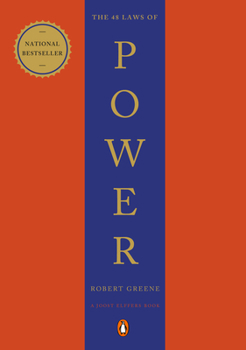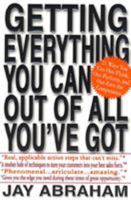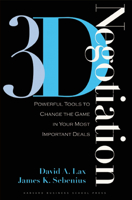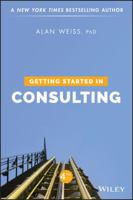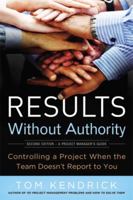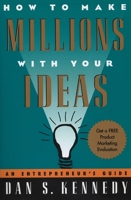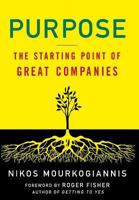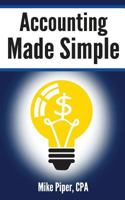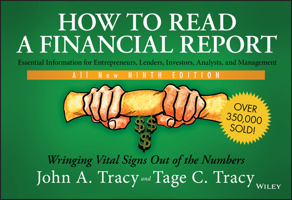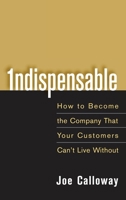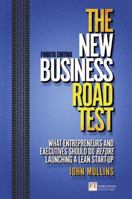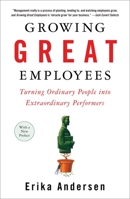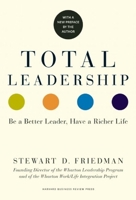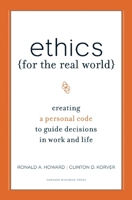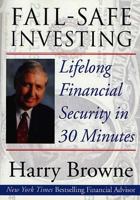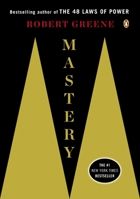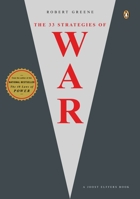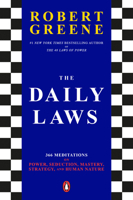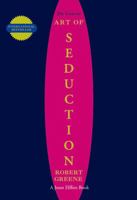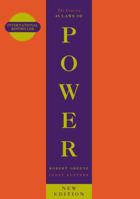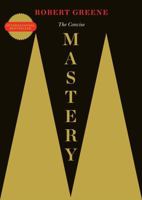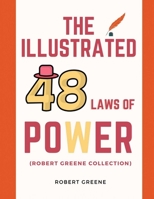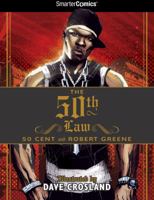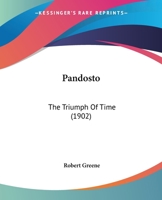The 48 Laws of Power
Select Format
Select Condition 
You Might Also Enjoy
Book Overview
In the book that People magazine proclaimed "beguiling" and "fascinating," Robert Greene and Joost Elffers have distilled three thousand years of the history of power into 48 essential laws by drawing from the philosophies of Machiavelli, Sun Tzu, and Carl Von Clausewitz and also from the lives of figures ranging from Henry Kissinger to P.T. Barnum. Some laws teach the need for prudence ("Law 1: Never Outshine the Master"), others teach the value of confidence ("Law 28: Enter Action with Boldness"), and many recommend absolute self-preservation ("Law 15: Crush Your Enemy Totally"). Every law, though, has one thing in common: an interest in total domination. In a bold and arresting two-color package, The 48 Laws of Power is ideal whether your aim is conquest, self-defense, or simply to understand the rules of the game.
Customer Reviews
Rated 2 starsit's not all that
not all that if you from the hood most of this won't work on them ....you either him or you not yo aura/energy how you carry yo self tells a lot more
0Report
Rated 2 starsI did not get the book
I am so excited, however I did not get the book.😭They probably, out of stock.
1Report
Rated 5 starsBest read in a long time.
This was introduced to me by a friend and since the first interaction that we had I took initiative to check this out. The 48 Laws of Power brought me back into reading. I love this genuinely!
6Report
Rated 5 starsA book that will change the way you look at the world.
A book worth reading and rereading. Best to learn the lessons so they aren't used back against you. After reading this book you'll start noticing some of the laws being followed and broken in all different aspects of life, society, and politics.
11Report
Rated 5 starsTHE 48 LAWS OF POWER: YOUR THINKING WILL NEVER REMAIN THE SAME
Read this book and your thinking will never remain the same. Drawing upon historic examples that portray man's journey through the ages as one long, unending quest to dominate his fellows, The 48 Laws of Power reads somewhat like a much expanded version of Machiavelli's The prince. Yet it carries a lot of its own originality - on many levels. One interesting, innovative feature of this book can be found in the numerous illustrations...
13Report










